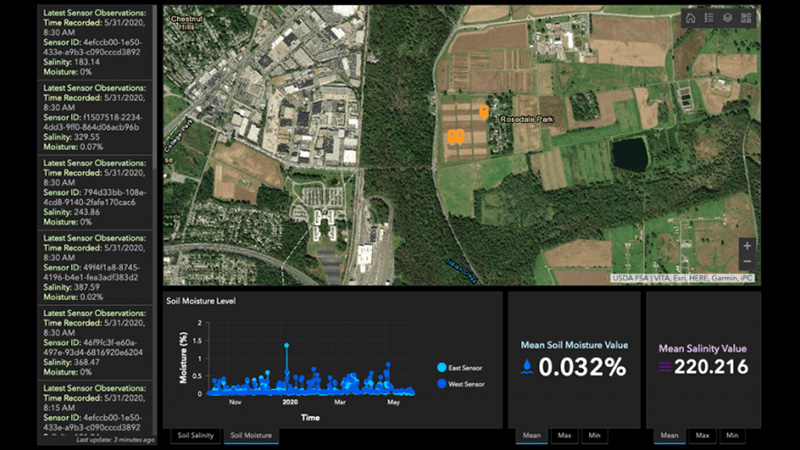Microbes Added To Seeds Could Boost Crop Production
Nathan Cude pulls open the top of a white Tupperware container labeled Q8R, which holds one of the hundreds of samples of American farmland he’ll handle in a year, reports Marla Broadfoot on ScientificAmerican.com. The dark brown soil inside looks lifeless, but the microbiologist at Novozymes smiles as he utters one of his favorite lines: A spoonful of soil contains about 50 billion microbes, representing up to 10,000 different species. The number of organisms in the container surpasses the number of people who have ever lived on Earth.
Communities of soil-dwelling bacteria and fungi are crucial to plants. They help plants take up nutrients and minerals from the dirt and can even extend root systems, providing more access to food and water. They also help plants grow, cope with stress, bolster immune responses and ward off pests and diseases.
Now scientists at agricultural companies are digging through the dirt, like prospectors panning for gold, to find the exact microbes that make specific crops grow better. Agribusiness firms Novozymes and Monsanto are leading the way by coating seeds with microbes, planting them on farms across the U.S. and harvesting the crops to see how they fared. The two companies, through their BioAg Alliance, have just concluded the world’s biggest field-test program of seeds laced with promising microbes.
Read the full story on ScientificAmerican.com.






